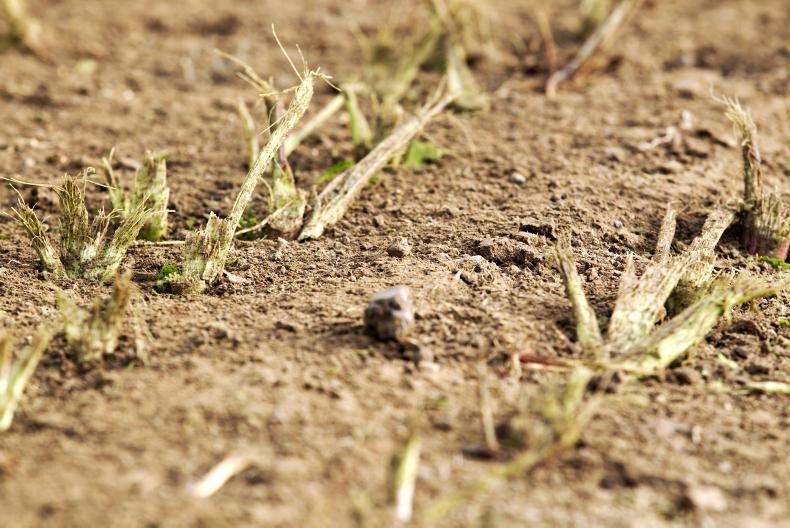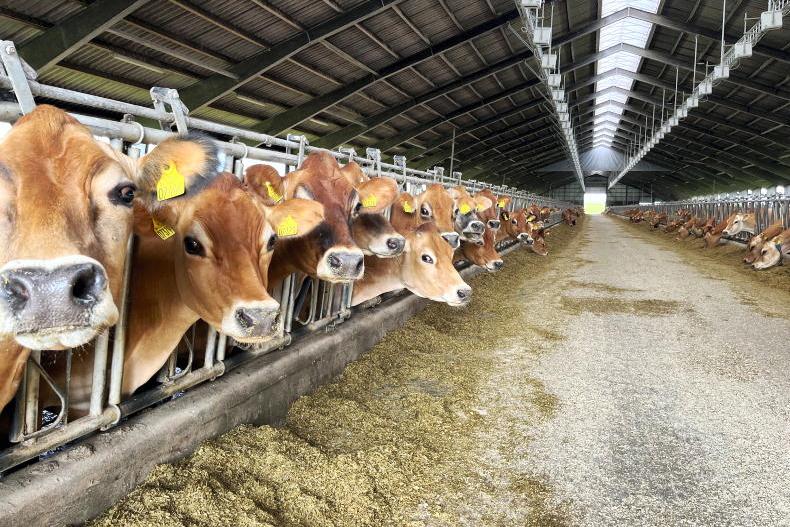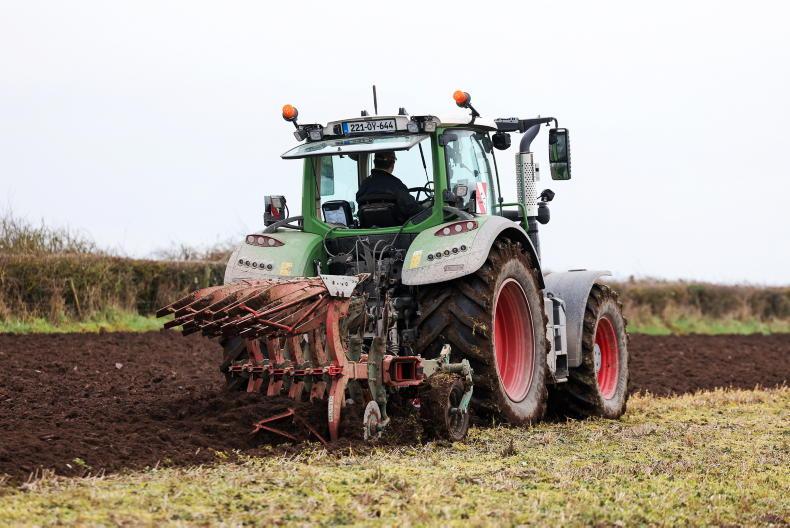A study carried out by the London School of Hygiene and Tropical Medicine (LSHTM) has examined the effects of temperature increase and water scarcity on the nutritional value of vegetables. The study reviewed all available evidence since 1975, and found that there will be significant reductions in vegetable and legume production by the middle of the 21st century.
The findings highlighted that climate change, water scarcity and a loss of biodiversity are having a profound effect on yields.
Results concluded that Southern Europe, Africa and South Asia will experience reductions of up to 31% in yields, with increases in temperature being the main limiting factor. Areas of ozone concentration will experience reduced yields of up to 35%.
Information on wheat and rice has already forecast there will be reduced yields of these staple crops, however, the effect on vegetables and legumes was largely unknown before this study.
Increased production
There are indications that increases in CO2 concentration in the atmosphere would lead to increased production, but the new research shows any benefits are likely to be outweighed by other environmental changes.
Professor Alan Dangour, senior author at LSHTM said: “Our analysis suggests that if we take a business as usual approach, environmental changes will substantially reduce the global availability of these important foods.”
The impact of these reduced yields will include global scarcity, leading to large scale health problems. Legumes and vegetables are essential sources of nutrients, with their availability crucial to providing a balanced diet in the human population.
In light of the new study, researchers say that innovation to improve agricultural production in these areas must be a priority. Dr Pauline Scheelbeek, lead author of the study stated: “Nutritional guidelines consistently advise people to incorporate more vegetables and legumes into their diet.”
The new evidence suggests that this may not be possible unless changes to how we produce these foods change.
Read more
'Significant effort' required to reduce agricultural emissions – Teagasc
Sainsbury’s to trial selling vegan 'fake meats' next to real meats
From the Tramlines: spring crops showing signs of stress
A study carried out by the London School of Hygiene and Tropical Medicine (LSHTM) has examined the effects of temperature increase and water scarcity on the nutritional value of vegetables. The study reviewed all available evidence since 1975, and found that there will be significant reductions in vegetable and legume production by the middle of the 21st century.
The findings highlighted that climate change, water scarcity and a loss of biodiversity are having a profound effect on yields.
Results concluded that Southern Europe, Africa and South Asia will experience reductions of up to 31% in yields, with increases in temperature being the main limiting factor. Areas of ozone concentration will experience reduced yields of up to 35%.
Information on wheat and rice has already forecast there will be reduced yields of these staple crops, however, the effect on vegetables and legumes was largely unknown before this study.
Increased production
There are indications that increases in CO2 concentration in the atmosphere would lead to increased production, but the new research shows any benefits are likely to be outweighed by other environmental changes.
Professor Alan Dangour, senior author at LSHTM said: “Our analysis suggests that if we take a business as usual approach, environmental changes will substantially reduce the global availability of these important foods.”
The impact of these reduced yields will include global scarcity, leading to large scale health problems. Legumes and vegetables are essential sources of nutrients, with their availability crucial to providing a balanced diet in the human population.
In light of the new study, researchers say that innovation to improve agricultural production in these areas must be a priority. Dr Pauline Scheelbeek, lead author of the study stated: “Nutritional guidelines consistently advise people to incorporate more vegetables and legumes into their diet.”
The new evidence suggests that this may not be possible unless changes to how we produce these foods change.
Read more
'Significant effort' required to reduce agricultural emissions – Teagasc
Sainsbury’s to trial selling vegan 'fake meats' next to real meats
From the Tramlines: spring crops showing signs of stress









SHARING OPTIONS